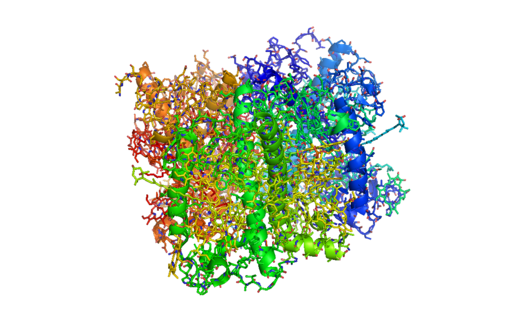syndicated from Censemaking
by Cameron D. Norman • October 21st, 2012
Reblogged from Creativity & Innovation: I’ve just spent two stimulating days with a small group of architects, university professors, and creativity researchers, at a beautiful old lakeside estate called Marigold Lodge, in Western Michigan. Our goal: To collect everything we know about how to design spaces that maximize learning and foster creativity. With funding from the Sloan […]
Read More
Leave a Comment
syndicated from Censemaking
by Cameron D. Norman • October 16th, 2012
In complex systems there is a lot to pay attention to. Mindfulness and contemplative inquiry built into the organization can be a way to deal with complexity and help detect the weak signals that will make it thrive and be resilient in the face of challenges. Most human-centred social ventures spend much of their time […]
Read More
Leave a Comment
syndicated from Censemaking
by Cameron D. Norman • October 1st, 2012
When Karl Marx asked: Who owns the presses? he was referring to the ability of wealthy private individuals to control the means of knowledge production and dissemination and thus, influence society as capital owners, not as citizens. The unequal voice of the bourgeoisie over the proletariat was what gave them undue social power. But what happens when the owners and generators of wealth (knowledge, information) shift and the result is a community that relies on the medium of production without the control of it?

Read More
Leave a Comment
syndicated from Censemaking
by Cameron D. Norman • August 24th, 2012
Without best evidence (which is almost always lacking in social innovation by its very nature), setting performance targets related to scale a priori is foolish. For innovators themselves, equally foolish is not gathering the kind of information about the systems they are operating in to know if they are the human or the ant and whether a shower is on the way. 
Read More
Leave a Comment
syndicated from Censemaking
by Cameron D. Norman • August 22nd, 2012
Jonah Lehrer is/was as big as it gets in science writing and two weeks ago proved the adage that the higher one climbs the farther the fall after admitting to some false content in his stories. This is bad news for him, but may be much worse for all of us interested in making science […]
Read More
Leave a Comment
syndicated from Censemaking
by Cameron D. Norman • July 26th, 2012
When journalist and book author Daniel Pink tweeted the above image the other day it provoked thinking about what real learning means and what it takes to achieve it. We produce enormous amounts of knowledge, yet struggle to put it into use, but we also teach much and learn little because the systems we’ve designed […]
Read More
Leave a Comment
syndicated from Censemaking
by Cameron D. Norman • July 22nd, 2012
Paying attention to the social, technological, economic and environmental stresses and challenges we face isn’t always conducive to positive thinking and sometimes its useful to look at where problems are being addressed rather than created. Where to go for such inspiration is question is where this post begins. And all the roads that lead you […]
Read More
Leave a Comment
syndicated from Censemaking
by Cameron D. Norman • July 16th, 2012
Futurists take what we know now and project into the future ideas about things will be like years from today using the models that have worked consistently up to now. Those models applied to human systems are changing quickly making marketing the future based on them senseless and potentially dangerous. Earlier this past week a […]
Read More
Leave a Comment
syndicated from Censemaking
by Cameron D. Norman • July 9th, 2012
For any marketing of complexity to work, the risk in creating a false guru is high, but so too is the risk of installing overly simplistic filters. In both cases we need to address complexity with a complex response and doing so with one that doesn’t exacerbate the problem by adding too much extraneous information to our media ecology, getting us back into trouble elsewhere. 
Read More
Leave a Comment
syndicated from Censemaking
by Cameron D. Norman • June 13th, 2012
Reblogged from The Multidisciplinarian: William Storage 11 Jun 2012 Visiting Scholar, UC Berkeley Center for Science, Technology, Medicine & Society Design Thinking is getting a new life. We should bury it instead. Here’s why. Its Humble Origins In 1979 Bruce Archer, the great mechanical engineer and professor at the Royal College of Art, wrote […]
Read More
Leave a Comment
![]()
![]()
![]()














